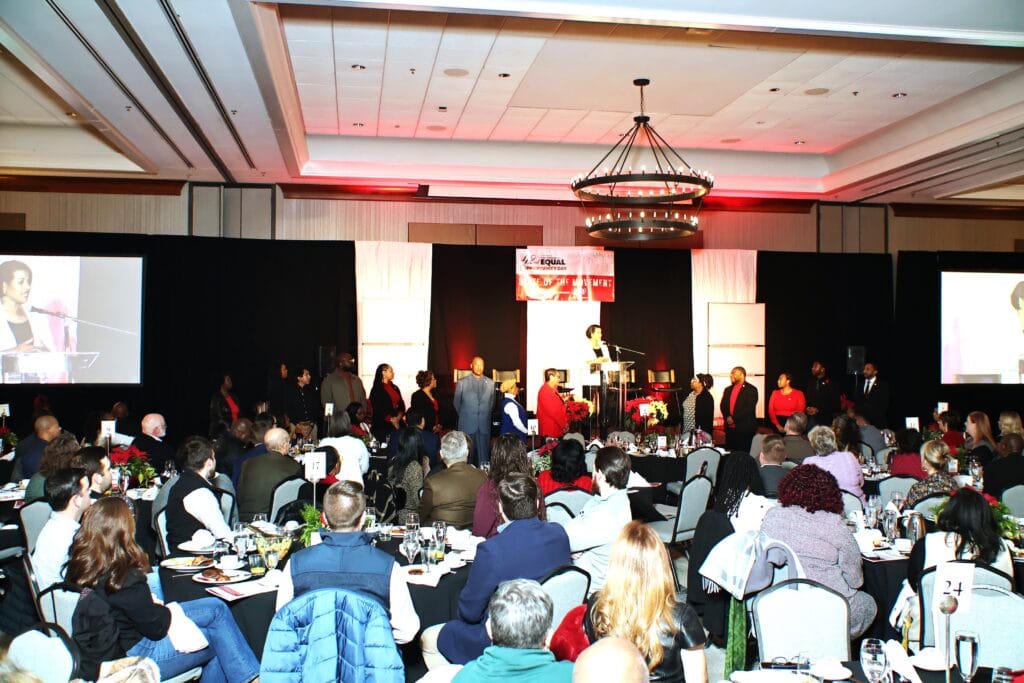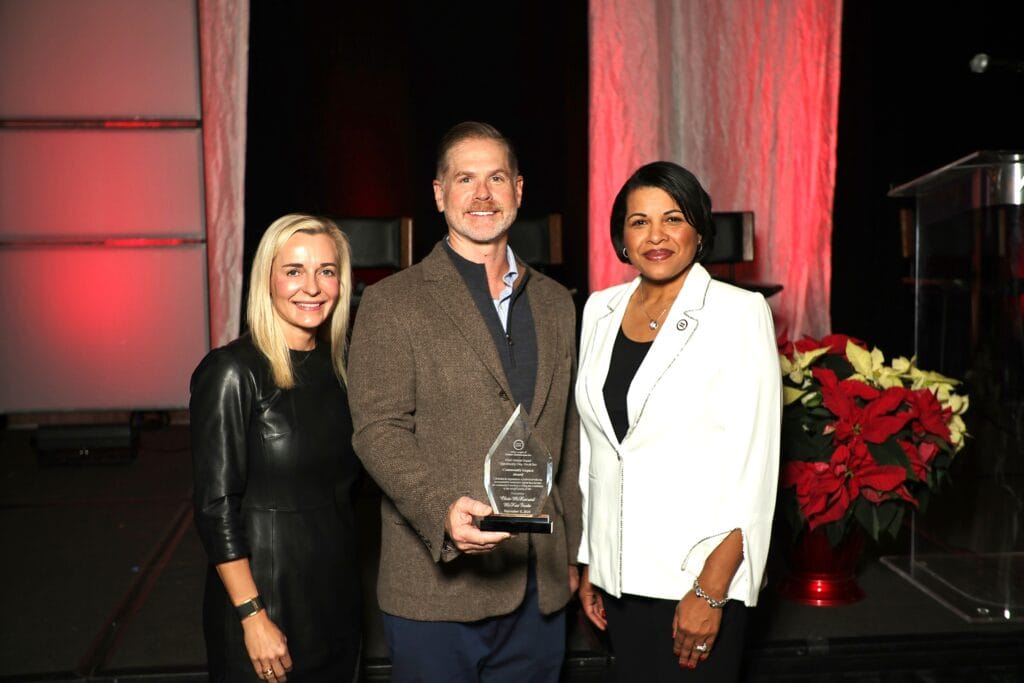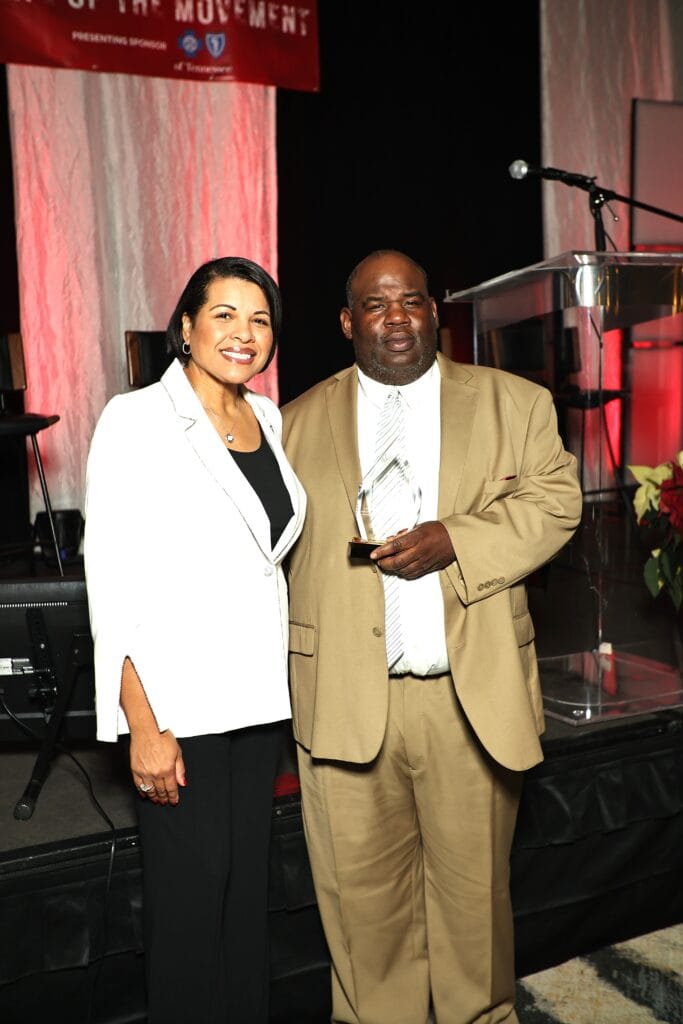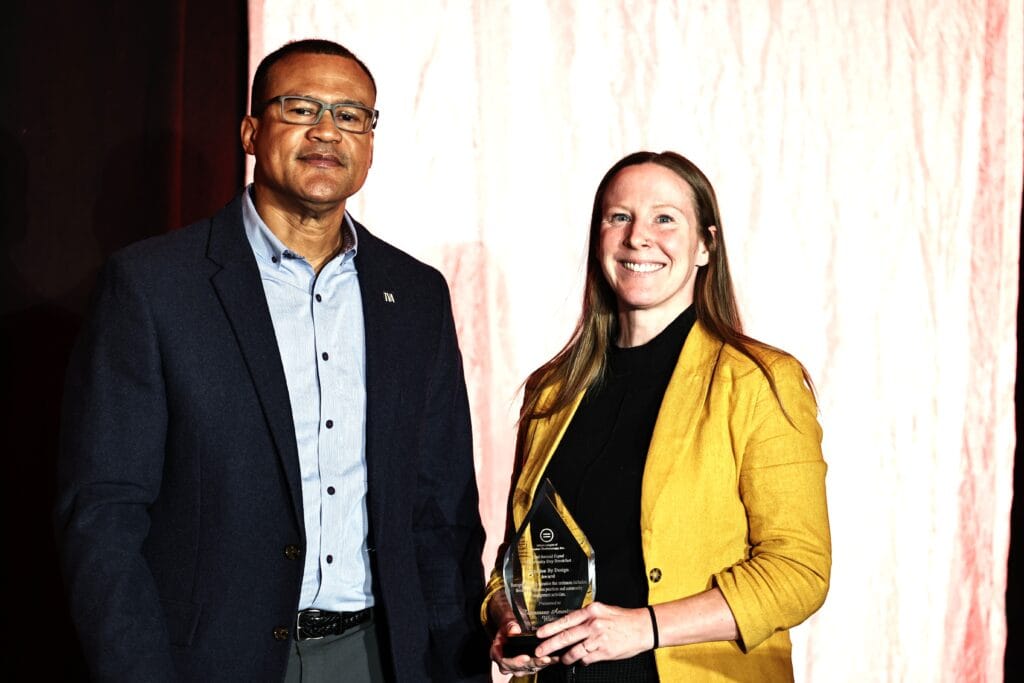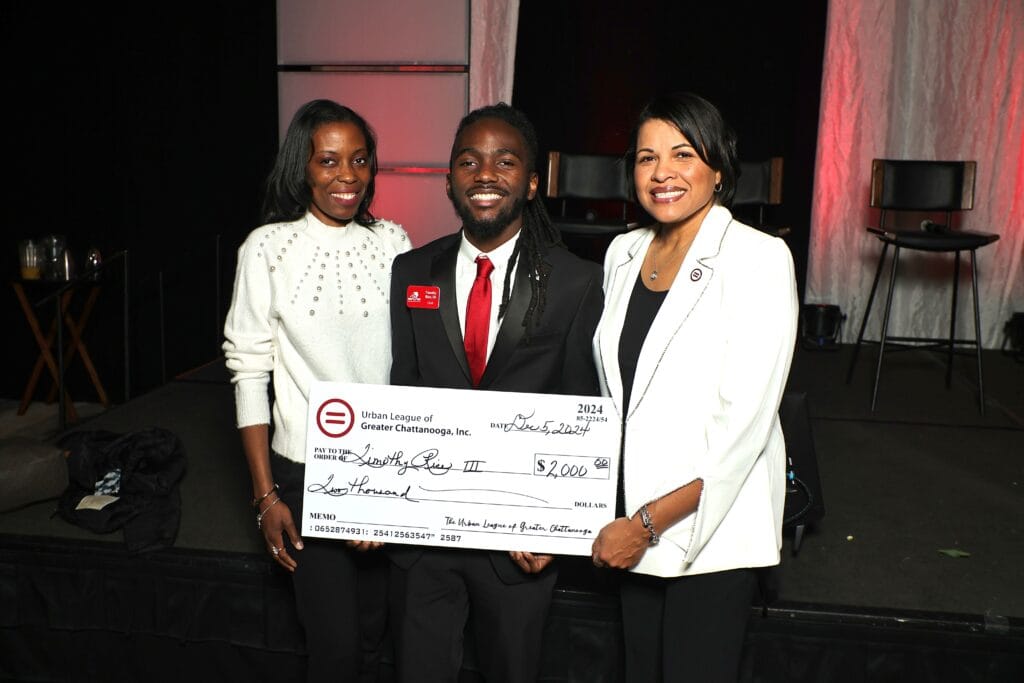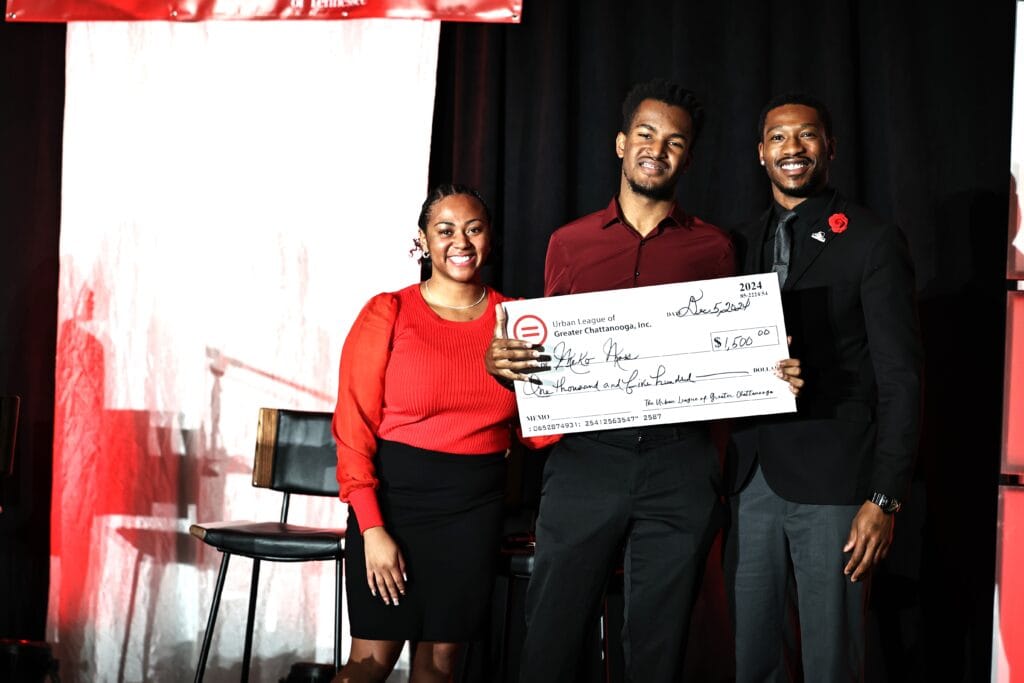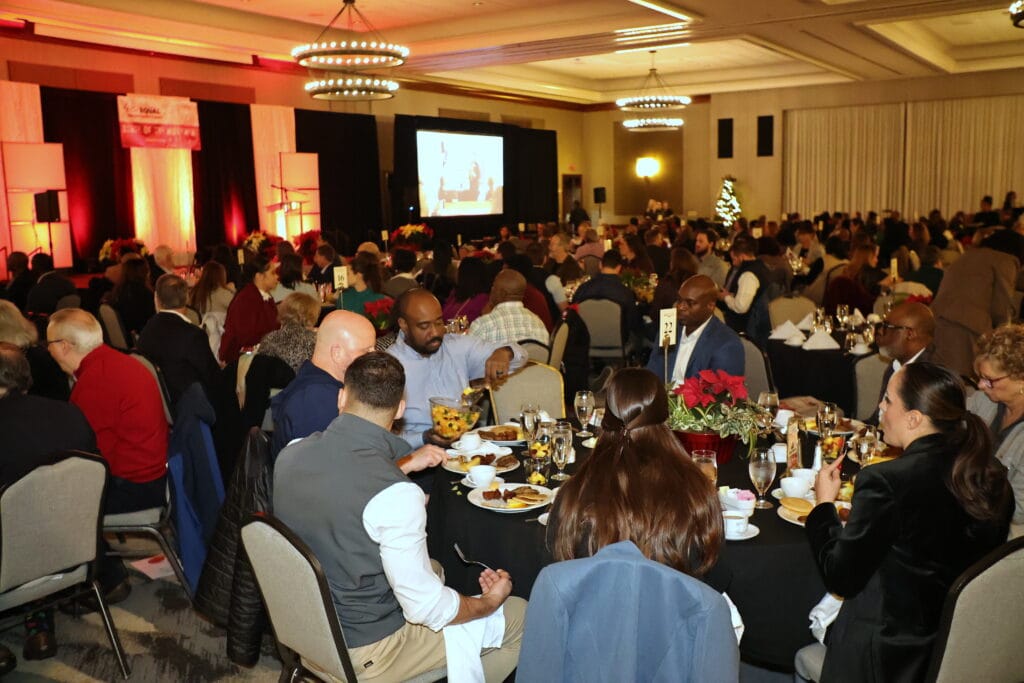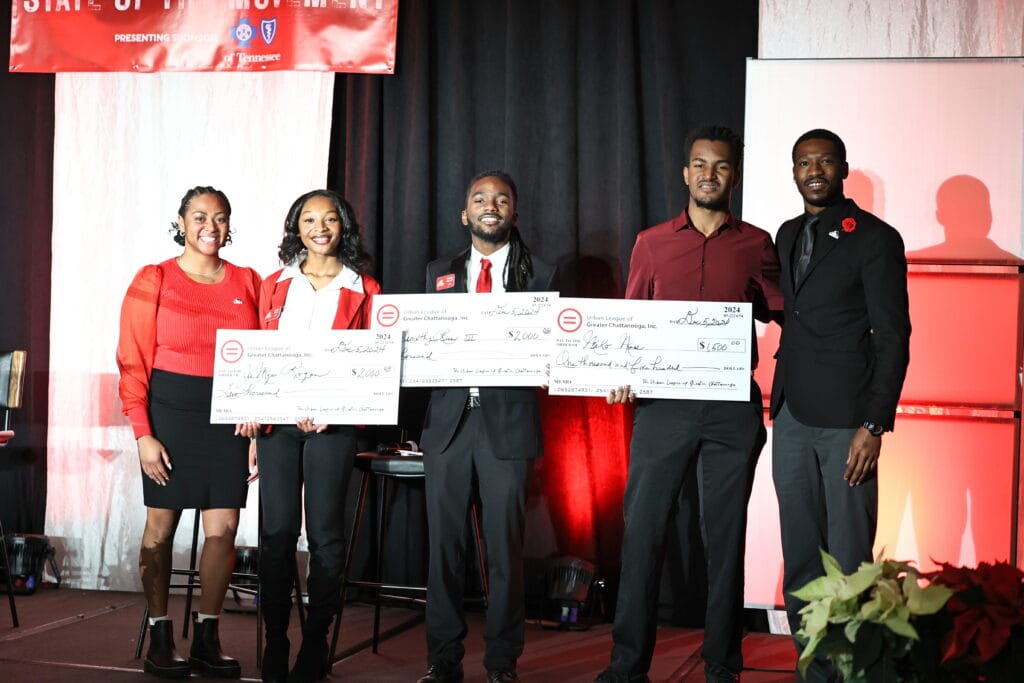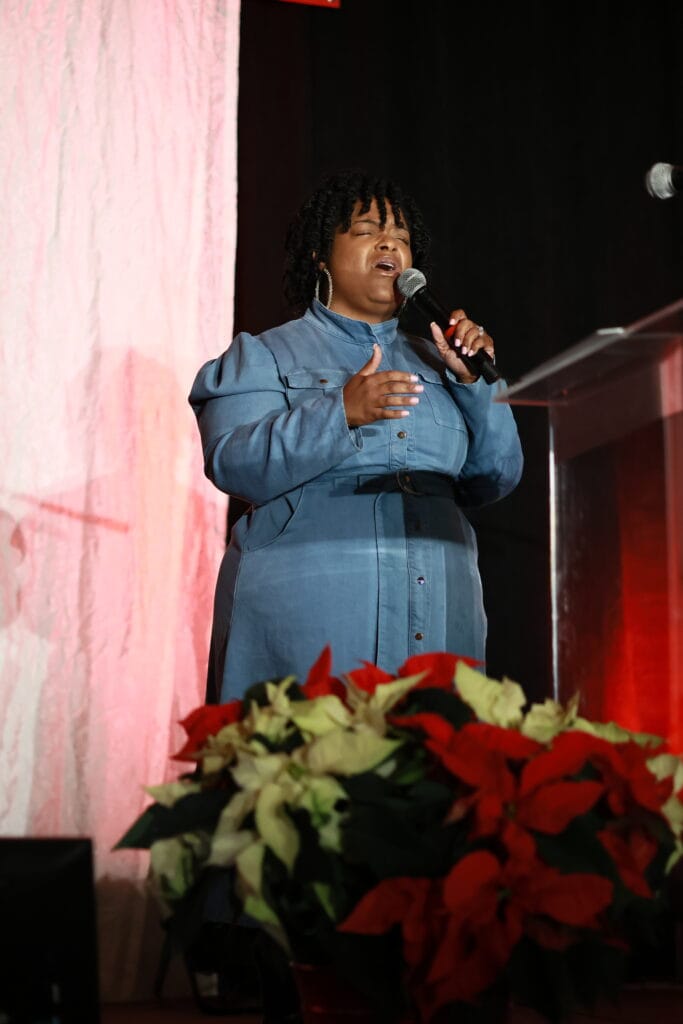by Alex Hinton, Distinguished Professor of Anthropology; Director, Center for the Study of Genocide and Human Rights, Rutgers University – Newark
Is it possible to bridge America’s stark political divisions?
In the wake of a presidential election that many feared could tear the U.S. apart, this question is on many people’s minds.
A record-high 80% of Americans believe the U.S. is greatly divided on “the most important values”. Ahead of the election, a similar percentage of Americans said they feared violence and threats to democracy. Almost half the country believes people on the other side of the political divide are “downright evil.”
Some say that the vitriolic rhetoric of political leaders and social media influencers is partly to blame for the country’s state of toxic polarization. Others cite social media platforms that amplify misinformation and polarization.
There is, however, reason for hope.
I say this as an anthropologist of peace and conflict. After working abroad, I began doing research on the threat of violence in the U.S. in 2016. In 2021, I published a related book, “It Can Happen Here.”
Now, I am researching polarization in the U.S. – and ways to counter it. I have visited large Make America Great Again events for my research. I have also gone to small workshops run by nonprofit organizations like Urban Rural Action that are dedicated to building social cohesion and bridging America’s divides. Some refer to the growing number of these organizations as a “bridging movement.”
Their work is not easy, but they have shown that connecting with and listening to others who hold different political views is possible.
Here are three strategies these organizations are using – and people can try to use in their own daily lives – to reduce political polarization:
1. Listen first
Pearce Godwin, a former Republican-leaning consultant from North Carolina, was one of the first “bridgers.”
In 2013, Godwin was doing Christian humanitarian work in Africa. Upset by the vitriol of U.S. politics, Godwin, who had worked on Capitol Hill, wrote a commentary, “It’s Time to Listen,” while on an overnight bus trip across Uganda.
Multiple U.S. newspapers published his column, which called for what is the starting point of most bridging work: People should listen first to understand.
Later that year, Godwin started a nonpartisan and nonprofit organization, the Listen First Project, to promote this message through activities like a 2014 “Listen First, Vote Second” public relations and media campaign.
After Donald Trump won the 2016 election, Godwin decided to expand Listen First work. He established the #ListenFirst Coalition with three other similar organizations: The Village Square, Living Room Conversations and National Institute for Civil Discourse.
Today, this coalition includes over 500 organizations, whose work ranges from one-off dialogue skills workshops to longer-term projects that seek to build social cohesion in the U.S.
2. Be curious, not dogmatic
Braver Angels dates back to 2016 and is another large nonprofit organization that is part of the #ListenFirst Coalition.
On Election Day on Nov. 5, 2024, Braver Angels organized hundreds of pairs of Trump and Kamala Harris supporters to stand at polling stations and demonstrate that dialogue across the political divide is possible. Some held signs that read “Vote Red, Vote Blue, We’re All Americans Through and Through.”
During the past year, I have observed Braver Angels workshops on media bias, public education, immigration and the 2024 election.
Their fishbowl exercise stands out.
Designed by Bill Doherty, a couples therapist and co-founder of Braver Angels, the fishbowl involves a group of Republicans and Democrats talking.
People in the group take turns speaking on a particular political topic, while the others – along with a larger group of observers – listen to what they say without speaking. After peering into this “fishbowl,” each group member discusses what they discovered by listening to the other group. Many mention their “surprise” at points of agreement on certain issues and the thoughtful reasoning behind positions “on the other side” they had previously dismissed.
The exercise illustrates a key starting point of bridging work: Be curious, instead of trying to prove you are right. Learn how someone on the other side of an issue understands and perceives something.
3. Burst out of your bubble
Another key strategy to overcome division is helping people burst out of their bubble. The idea is that people can objectively detach from and examine their assumptions, and then try to explore alternative views outside their social media, news information and community silos.
One #ListenFirst Coalition partner, AllSides, tries to help people do this through a digital platform that shows how the same news of the day is being reported by left, right and center media organizations. It also has an online tool, “Rate Your Bias,” which helps users become aware of their own assumptions.
People can use these tools to compare different stances on issues like federal taxes and civil liberties – and how their own positions line up. People can also search for individual media outlets to see if the majority of other users have rated these organizations as liberal, conservative or center.
When people identify their own biases – which can become evident as they examine the media outlets they like, for example – it can help them become more curious and open. It also helps them move out of the information silos that divide people.
The bridging movement is not without its challenges. People who lean red are sometimes suspicious of these initiatives, which give people information on voting and democracy and can be perceived as having a liberal bias.
Group diversity is also a challenge. Based on my observations, Braver Angels participants tend to be older, white and educated.
And other groups, like #ListenFirst Coalition partner Urban Rural Action, have to spend considerable time and effort getting a diverse range of people in their programs.
But, given America’s stark political divisions, I think there is a clear need and desire for the depolarization work these groups do. The vast majority of people in the U.S. are concerned about the current state of polarization in the nation. These bridging groups show a way forward and offer strategies to help Americans build bridges across the country’s deepening political divide. (The CONVERSATION)









